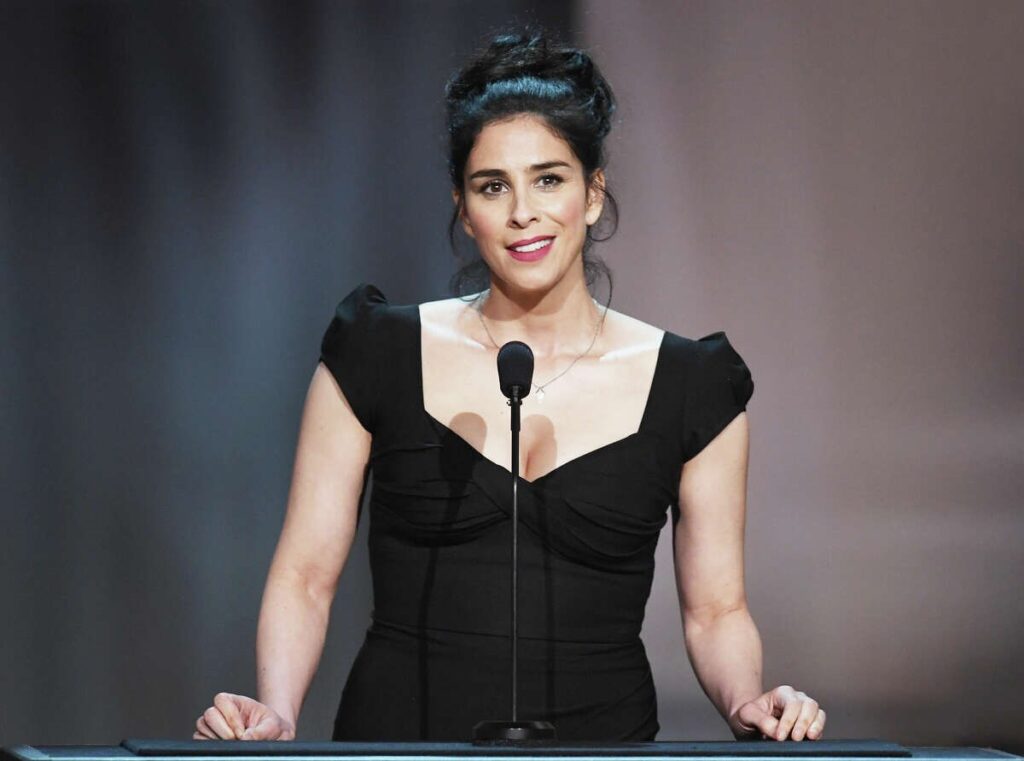Sarah Silverman files a lawsuit against OpenAI and Meta Corporation

US comedian Sarah Silverman has filed a lawsuit against OpenAI and Meta, the creators of ChatGPT and the owners of Facebook and Instagram, respectively. Silverman claims that her copyright has been violated through the training of these companies’ AI systems. Joining her in this class-action case are two other authors who have made similar allegations.
ChatGPT and LLaMa AI, the systems in question, learn to mimic human language by analysing vast amounts of human text data. The lawsuit against OpenAI argues that the authors’ copyrighted material was used to train ChatGPT without their consent. Meta, on the other hand, is facing allegations regarding its LLaMa AI system, which was initially released to a limited group of research-focused users but later leaked online. LLaMa is a large language model designed to assist AI research and can be applied to various tasks.
According to Patrick Goold, a law expert from City University in London, the outcome of both cases will likely depend on whether training a large language model falls under fair use or not. Matthew Butterick and Joseph Saveri, the lawyers representing the authors, are already involved in a previous lawsuit against OpenAI brought by two other authors. They express concerns about ChatGPT’s ability to generate text similar to copyrighted materials, including thousands of books, and have been contacted by numerous writers, authors, and publishers since the release of OpenAI’s ChatGPT system in March 2023.
However, some legal experts have raised questions about whether OpenAI can be accused of directly copying books. In a separate initiative, the law firm previously filed lawsuits on behalf of programmers and artists who believe their rights have been violated by AI systems.
Ultimately, the resolution of these cases will shed light on the legal boundaries and implications of training large language models and their potential impact on copyright laws. As AI technology continues to advance, these lawsuits highlight the need for clearer regulations and guidelines to address the complex intersection between AI and intellectual property rights.
